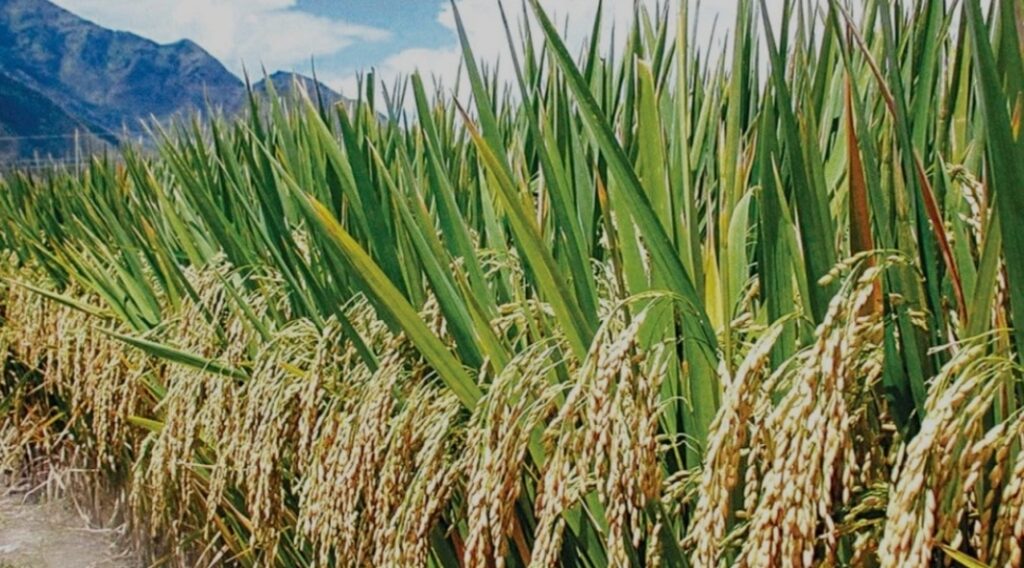
Rising fertiliser prices are forcing a growing number of Nigerian farmers to abandon the cultivation of rice and maize two of the country’s most important staple crops raising serious concerns about food security.
From Kaduna to Gombe, farmers report that the cost of essential inputs like urea and NPK fertilisers has become unsustainable. Urea now sells for ₦40,000 to ₦50,000 per bag, while NPK fertiliser exceeds ₦55,000 a sharp rise compared to previous seasons.
“I need at least five bags per hectare, which means I’d be spending over ₦250,000 just on fertiliser alone,” said Haruna Ismail, a maize farmer in Gombe. “But I can’t even sell my harvest for that much. It’s no longer worth it.”
As a result, many farmers are shifting to crops that require less fertiliser, such as cassava, sorghum, millet, pepper, and onions. In some areas, over 50 percent of rice and maize farmers have reportedly abandoned these staples for alternatives.
Food Security at Risk
The All Farmers’ Association of Nigeria (AFAN) has expressed alarm over the trend, warning that the widespread shift away from major staples threatens the nation’s food security goals.
“This portends a serious threat,” said an AFAN official. “If production continues to fall, the country may face shortages and price spikes in rice and maize.”
Government Interventions
In response, several state governments have launched subsidised fertiliser distribution and support programmes:
Kaduna State has set up a multi-stakeholder committee to distribute over 300 truckloads of fertiliser. Smallholder farmers receive two free bags, while commercial farmers benefit from a 40% subsidy. The state has also introduced a crop-risk insurance scheme for 100,000 farmers.
Gombe State has procured 10,000 tonnes of NPK fertiliser, subsidising the price to ₦27,000 per bag, down from the market price of ₦44,000 a 38.6% discount aimed at easing the burden on small-scale producers.
Kano State recently distributed 79,200 bags of subsidised fertiliser across its local government areas, although many farmers argue that the supply is still insufficient.
Despite these efforts, concerns remain over the speed and transparency of implementation. Some farmers have called for better logistics and monitoring to prevent diversion and ensure that the fertiliser reaches genuine beneficiaries.
The Road Ahead
Unless urgent and widespread support reaches affected farmers, Nigeria risks a significant decline in rice and maize production crops that form the backbone of local diets. While the pivot to alternative crops may offer short-term relief, experts warn that it could disrupt national food supply chains if not carefully managed.
As the 2025 planting season progresses, the ability of governments and institutions to respond effectively will be crucial in averting a broader agricultural and economic crisis.
